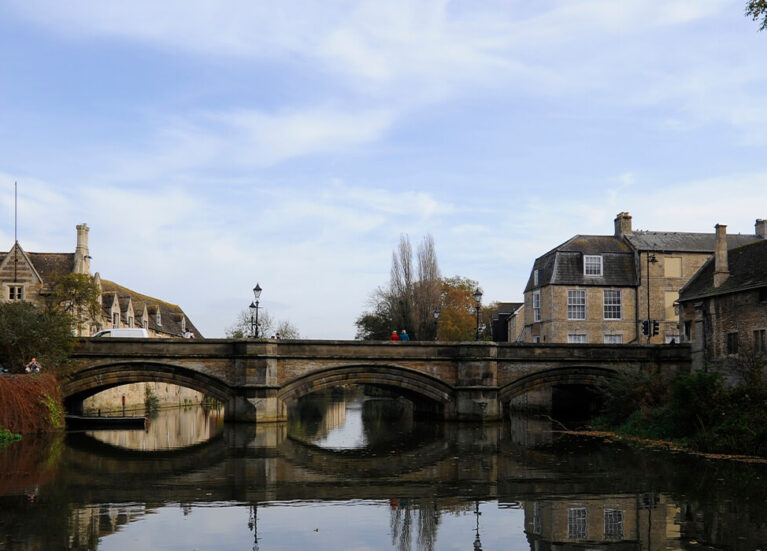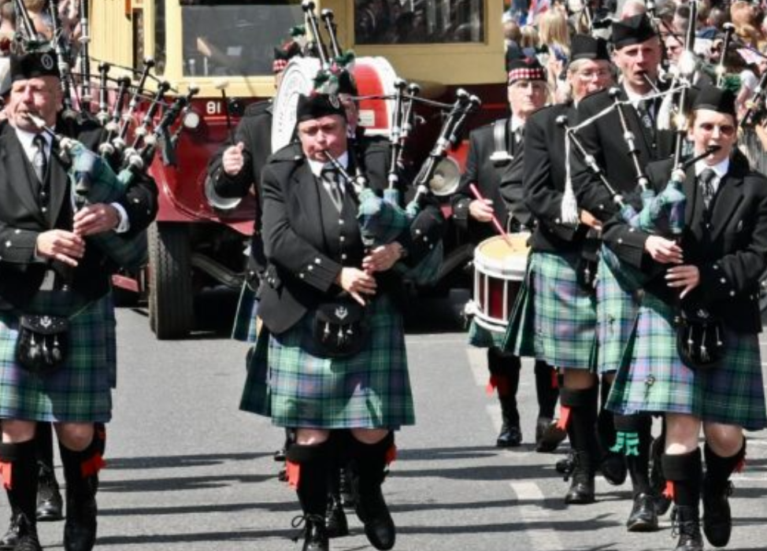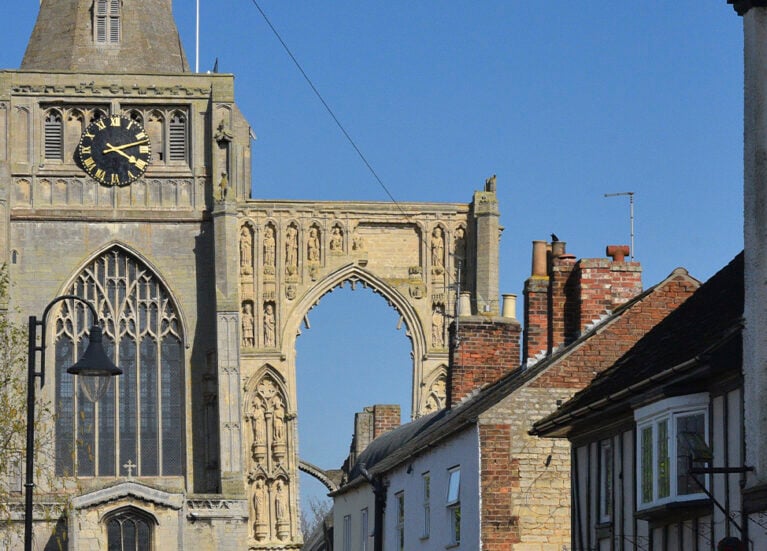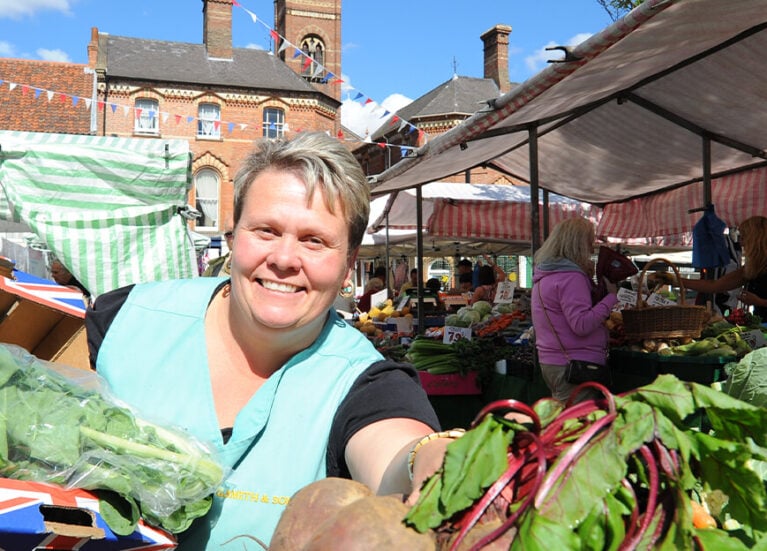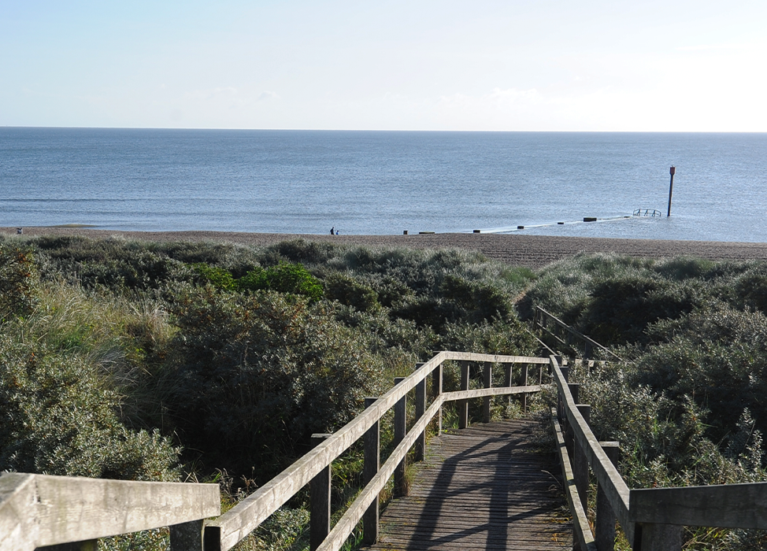“What is this life if, full of care, we have no time to stand and stare…..”
Nothing wrong with a good bracing walk, but sometimes its good just to stand and stare – discover the detail, sweat the small stuff. Wild flowers, birds, bees, butterflies and bugs – Lincolnshire has many nature reserves, woods, hedgerows and coastal marshes which repay a closer look.
The hedgerows in the Wolds for example are vital corridors for the natural world providing safe haven, food, places to nest and roost, connecting isolated patches of wildlife habitat. Bumblebees and bats also use hedgerows as an aid to navigation. A good thick hedgerow is tangled with bramble, wild clematis and honeysuckle and the blossom of blackthorn, hawthorn and dog rose spells the seasons. Some birds use a hedge as their song post, stand quietly to see who is calling this home.
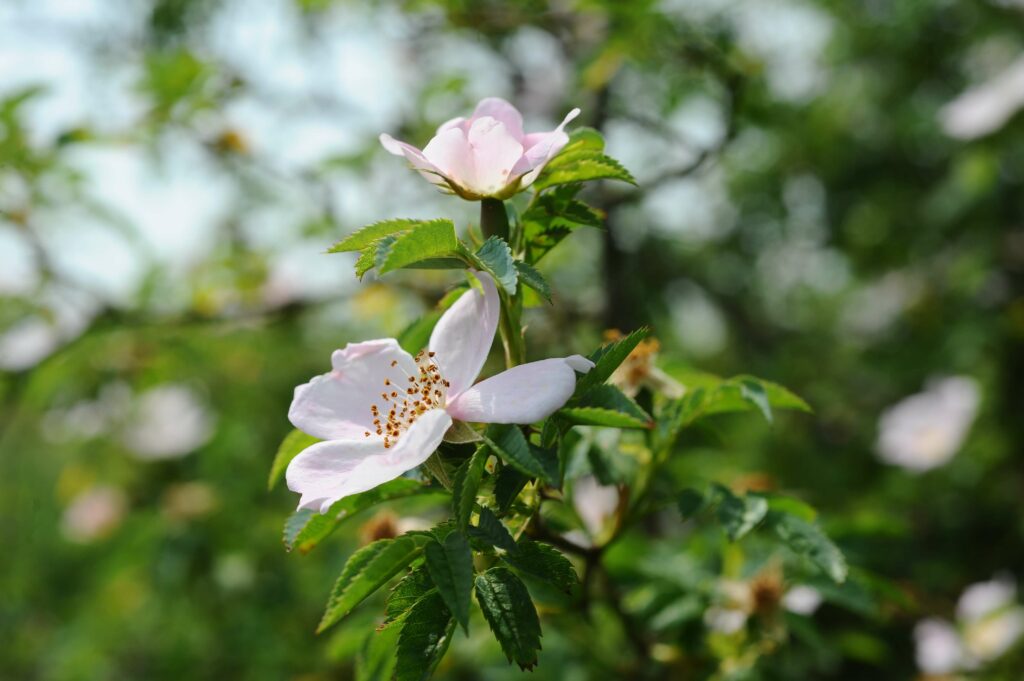
Naturalist Sir David Attenborough has urged people to spend time silently contemplating the wonders of the natural world. "One of the simplest things that you should do if you get the chance, is just naturally to stop" says Attenborough "Sit down. Don't move. Keep quiet. Wait ten minutes. You'll be very surprised if something pretty interesting didn't happen within ten minutes."
On the natural coast it's a different habitat with sea thrift and sea holly, with yellow flag on the fresh water marshes. The dense scrub of sea buckthorn on the fore-dune is the coast equivalent of a hedge providing food together with those important nesting and roosting opportunities.
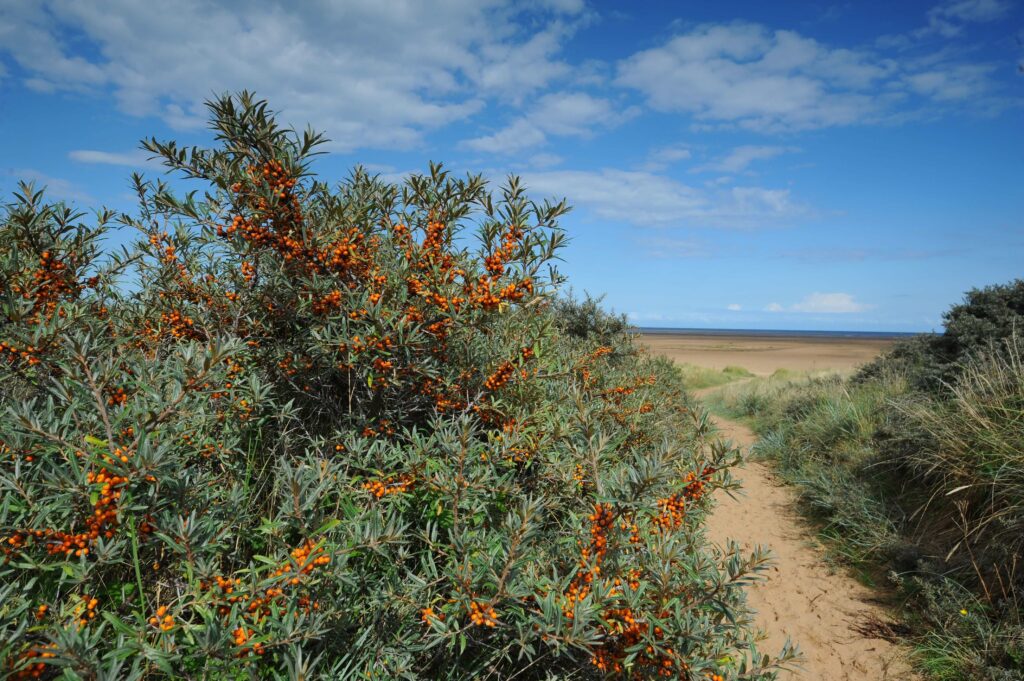
"A poor life this if, full of care, we have no time to stand and stare."
